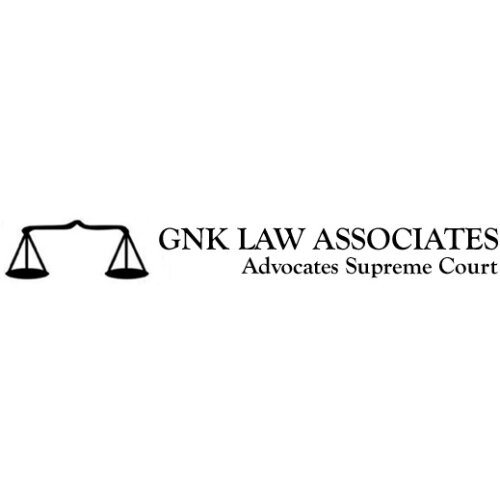Best Housing, Construction & Development Lawyers in Delhi
Share your needs with us, get contacted by law firms.
Free. Takes 2 min.
Free Guide to Hiring a Real Estate Lawyer
List of the best lawyers in Delhi, India
About Housing, Construction & Development Law in Delhi, India
The law regarding Housing, Construction & Development in Delhi, India, covers a broad spectrum of issues including the planning, execution, and oversight of construction projects; residential and commercial property rights; and zoning regulations. It also involves understanding and complying with complex Indian standards and building codes. The key regulatory body overseeing these laws is the Delhi Development Authority (DDA), and the primary statute is the Delhi Development Act, 1957.
Why You May Need a Lawyer
Legal advice can be crucial in navigating disputes related to property sales, construction contracts, construction flaws or negligence, zoning violations, and the legalities of real estate transactions. You might also need legal counsel to interpret complex aspects of the law and regulations, or advice related to permits, land use and real estate development. Skilled lawyers can provide strategic advice and effective dispute resolution, helping to prevent escalations and costly litigation.
Local Laws Overview
The key pieces of local legislation governing Housing, Construction & Development in Delhi include the Delhi Development Act, 1957, the Delhi Municipal Corporation Act, 1957, and the Real Estate (Regulation and Development) Act, 2016. These laws cover areas such as planning and land development, the provision of civic amenities, regulating the sale and transfer of land, and protecting consumer interests in the housing sector. Issues such as compliance to building codes, obtaining necessary permissions, and legal use of land are all governed by these laws.
Frequently Asked Questions
Do I need a permit to renovate my house in Delhi?
Yes, you usually need a permit from the relevant municipal authority to carry out renovations, depending on the extent of the renovation. Lawyers can help you understand the specific requirements in your circumstance and facilitate the process.
What is the RERA Act?
The Real Estate (Regulation and Development) Act or RERA came into effect in 2016 and offers protection to home-buyers as well as help boost investments in the real estate industry.
How can I resolve a dispute with a builder in Delhi?
Disputes with builders can be resolved through negotiation, arbitration or court proceedings, which is often the last resort. A lawyer can guide you on the best course of action.
What is the role of the Delhi Development Authority?
The Delhi Development Authority (DDA) is responsible for planning, development and construction of Housing Projects, Commercial Lands and other such developments in Delhi, India.
How can I ensure my construction project complies with local laws and building codes?
To ensure your construction project complies with all local laws and building codes, it's advisable to consult with a lawyer experienced in housing, construction and development law.
Additional Resources
Delhi Development Authority (DDA) and Municipal Corporation of Delhi (MCD) are key government bodies overseeing housing, construction and development law in Delhi. You can also consult the Real Estate Regulatory Authority (RERA) for regulatory issues related to property. Organisations like the National Real Estate Development Council (NAREDCO) offer a platform for government, builders and customers to discuss various issues related to real estate.
Next Steps
If you require legal assistance, consider seeking advice from a lawyer experienced in housing, construction and development law in Delhi. Prepare for your initial consultation by gathering all relevant documents, such as contracts, deeds, or notices. Be prepared to discuss the specifics of your situation, and don't hesitate to ask questions until you understand your rights, obligations, and potential risks.
Lawzana helps you find the best lawyers and law firms in Delhi through a curated and pre-screened list of qualified legal professionals. Our platform offers rankings and detailed profiles of attorneys and law firms, allowing you to compare based on practice areas, including Housing, Construction & Development, experience, and client feedback.
Each profile includes a description of the firm's areas of practice, client reviews, team members and partners, year of establishment, spoken languages, office locations, contact information, social media presence, and any published articles or resources. Most firms on our platform speak English and are experienced in both local and international legal matters.
Get a quote from top-rated law firms in Delhi, India — quickly, securely, and without unnecessary hassle.
Disclaimer:
The information provided on this page is for general informational purposes only and does not constitute legal advice. While we strive to ensure the accuracy and relevance of the content, legal information may change over time, and interpretations of the law can vary. You should always consult with a qualified legal professional for advice specific to your situation.
We disclaim all liability for actions taken or not taken based on the content of this page. If you believe any information is incorrect or outdated, please contact us, and we will review and update it where appropriate.

















